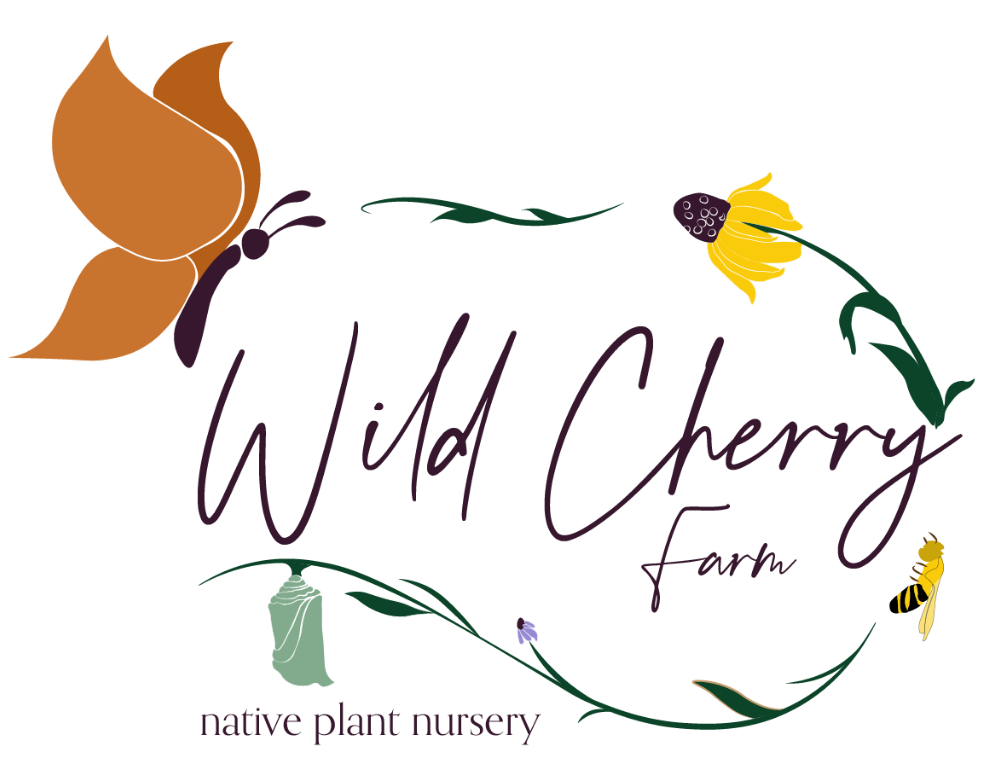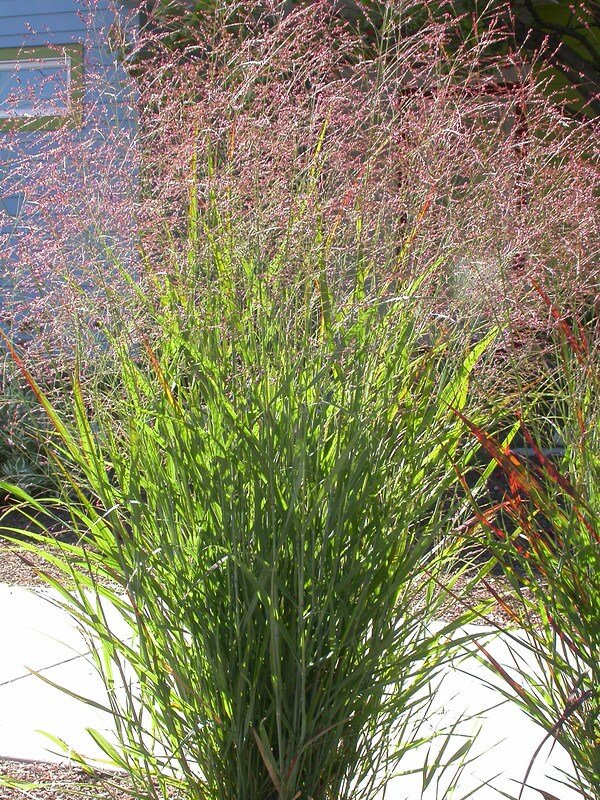Paw Paw (Asimina triloba)
The Pawpaw is North America’s largest native fruit. I highly recommend that you give this nutritious fruit, yet unusual fruit a try. It is the host plant to the rare Zebra Swallowtail and 10 other species of butterflies and moths in our area (nwf.org). The large edible fruit is a popular food source of Raccoons and Opossums; it is also eaten by the Red Fox, Gray Fox, Striped Skunk, Gray Squirrel, Fox Squirrel, and Woodland Box Turtle. These animals spread the seeds to new locations. White-Tailed Deer and other hoofed herbivores don't browse on the leaves because of their odor and toxicity. (illinoiswildflowers.info)
Photo Credit: Wendell Smith (1), Judy Gallagher (2)
The Pawpaw is North America’s largest native fruit. I highly recommend that you give this nutritious fruit, yet unusual fruit a try. It is the host plant to the rare Zebra Swallowtail and 10 other species of butterflies and moths in our area (nwf.org). The large edible fruit is a popular food source of Raccoons and Opossums; it is also eaten by the Red Fox, Gray Fox, Striped Skunk, Gray Squirrel, Fox Squirrel, and Woodland Box Turtle. These animals spread the seeds to new locations. White-Tailed Deer and other hoofed herbivores don't browse on the leaves because of their odor and toxicity. (illinoiswildflowers.info)
Photo Credit: Wendell Smith (1), Judy Gallagher (2)
The Pawpaw is North America’s largest native fruit. I highly recommend that you give this nutritious fruit, yet unusual fruit a try. It is the host plant to the rare Zebra Swallowtail and 10 other species of butterflies and moths in our area (nwf.org). The large edible fruit is a popular food source of Raccoons and Opossums; it is also eaten by the Red Fox, Gray Fox, Striped Skunk, Gray Squirrel, Fox Squirrel, and Woodland Box Turtle. These animals spread the seeds to new locations. White-Tailed Deer and other hoofed herbivores don't browse on the leaves because of their odor and toxicity. (illinoiswildflowers.info)
Photo Credit: Wendell Smith (1), Judy Gallagher (2)
Life Cycle: Perennial
Sun Exposure: Full, Partial sun
Soil Moisture: Wet, Medium-Wet, Medium
Height: 15-30 feet
Plant Spacing: 15-30 feet
Bloom Time: April-May
Bloom Color: Purple
Advantages: Deer Resistant
Host Plant: 11 species of butterflies and moths use this as a caterpillar host plant in our area (nwf.org)







